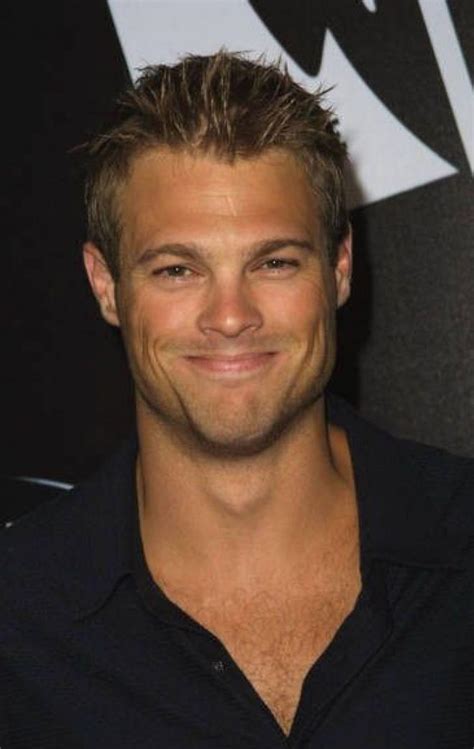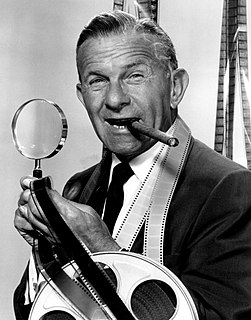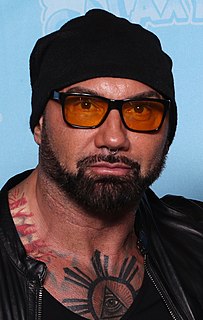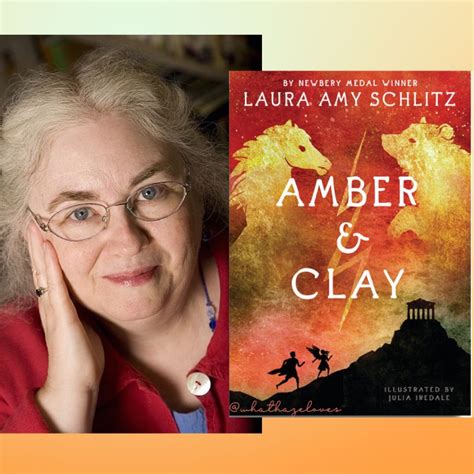A Quote by Charles Stross
I wanted an agent who would actually sell stuff. After two British agents failed comprehensively, I was reading Locus (the SF field's trade journal) and noticed a press release about an experienced editor leaving her job to join an agent in setting up a new agency. And I went "aha!" - because what you need is an agent who knows the industry but who doesn't have a huge list of famous clients whose needs will inevitably be put ahead of you. So I emailed her, and ... well, 11 years later I am the client listed at the top of her masthead!
Quote Topics
About
Actually
After
Agency
Agent
Agents
Am
Because
British
Client
Clients
Editor
Experienced
Failed
Famous
Field
Her
Huge
Industry
Inevitably
Job
Join
Journal
Knows
Later
Leaving
List
Need
Needs
New
New Age
Noticed
Press
Press Release
Put
Reading
Release
Sell
Setting
Stuff
Top
Trade
Two
Up
Wanted
Well
Whose
Will
Would
Years
Related Quotes
I was doing a lot of web design at the time. And anybody that has an agent thinks, "Why do I need an agent?" Maybe it's a little different as an actor - of course you need an agent - but any kind of agency that's selling something for you, you think, "Why can't I sell this myself? It doesn't make sense."
I have lunch with my friend who works for a theatrical agent and her and I were sitting there eating lunch on Sunset Boulevard and a woman who was a theatrical agent drove by and saw me and jumped out of the car and ran up and handed me her card. I had no idea this happens or would happen and I didn't know what to expect out of it. And my brother said alright you better call her and I said alright, why not? So that's pretty much how we got our first agent and then we started taking acting classes.
My father was a writer, so I grew up writing and reading and I was really encouraged by him. I had some sort of gift and when it came time to try to find a publisher I had a little bit of an "in" because I had his agent I could turn to, to at least read my initial offerings when I was about 20. But the only problem was that they were just awful, they were just terrible stories and my agent, who ended up being my agent, was very, very sweet about it, but it took about four years until I actually had something worth trying to sell.
After about 20 years of the real estate industry - where we had built it up from a little one-off, just five-agent operation - we built that that into a four-office, 65-agent, multimillion-dollar firm. At that point, I relocated to my ranch in eastern Montana and really thought that I was going to spend much of my time in ranching.
If you want to be traditionally published, then you most likely want to get a literary agent. To sign with an agent, you need to send them a query letter, but agents can get up to 20,000 query letters a year. With numbers like that, it helps to get in front of agents with every opportunity you have.






































